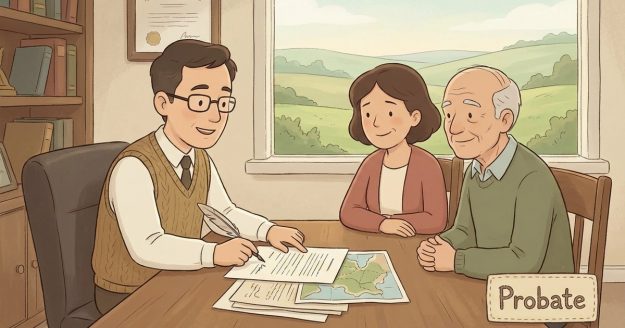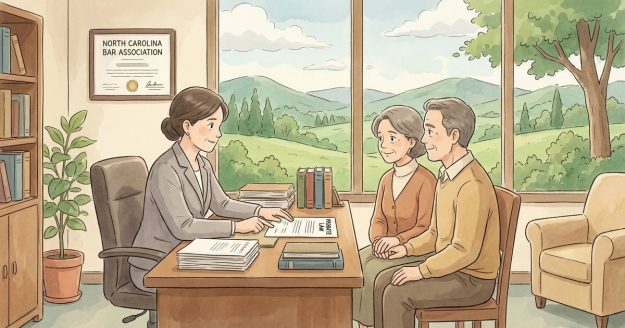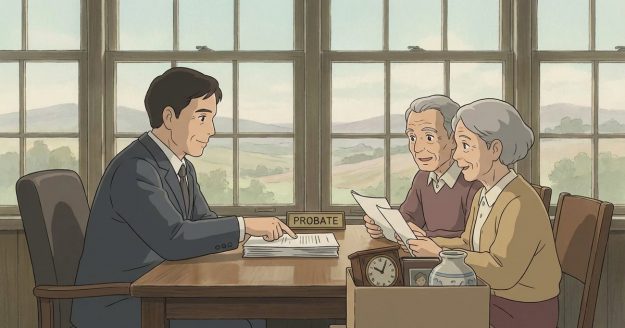If the will names my sibling as executor first, how does my sibling formally step aside so I can serve as executor? nc
If the will names my sibling as executor first, how does my sibling formally step aside so I can serve as executor? – North Carolina Short Answer In North Carolina, the person named first as executor can step aside by signing a written renunciation of the right to qualify and filing it with the Clerk…











